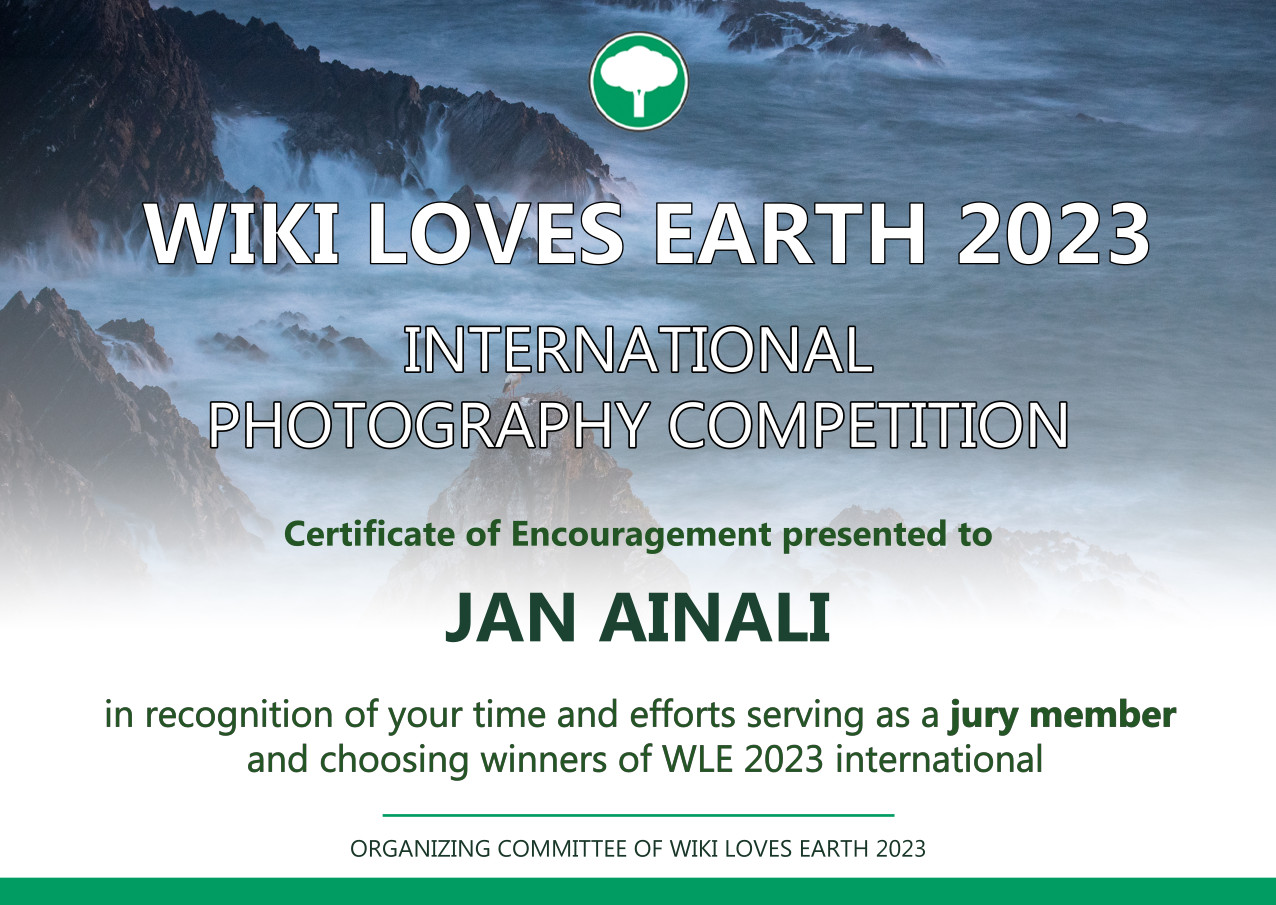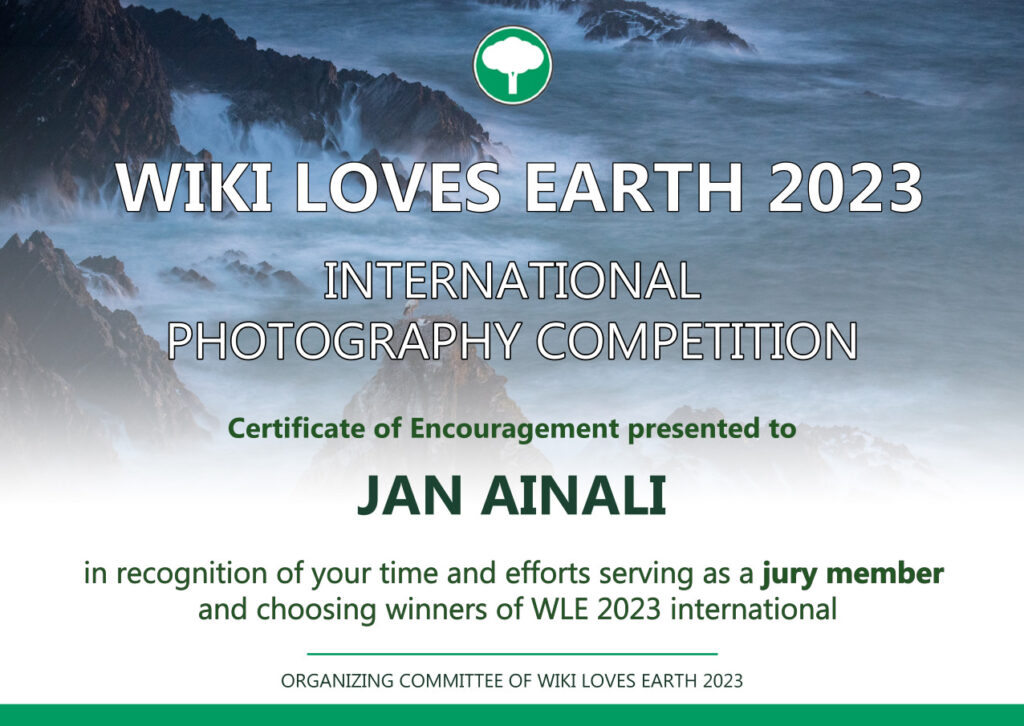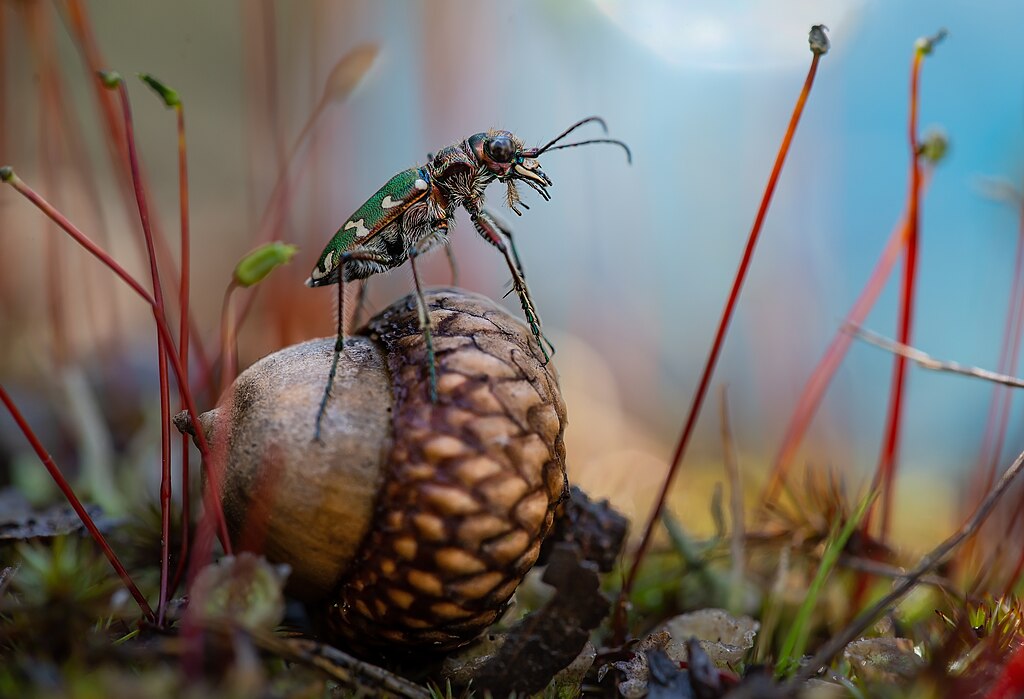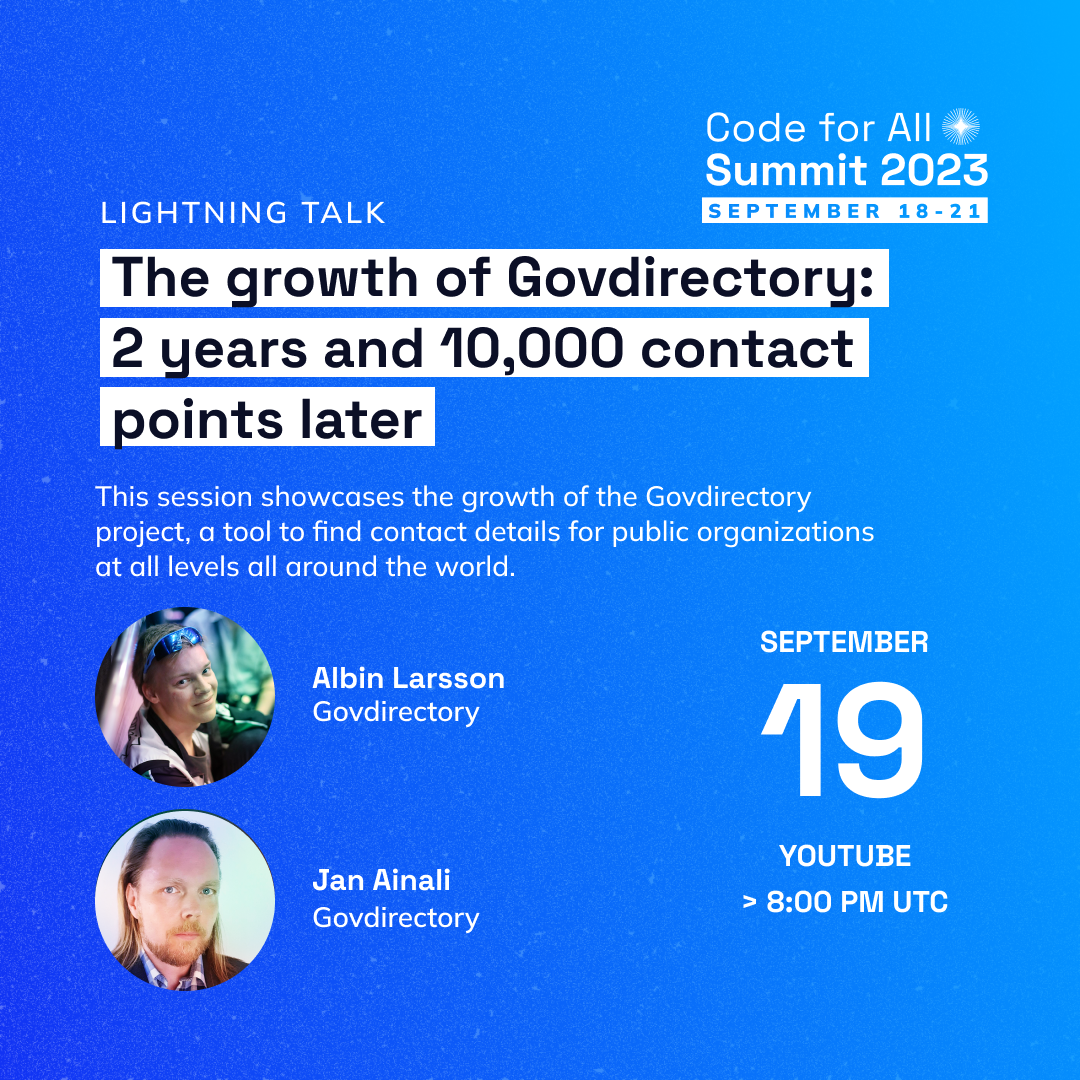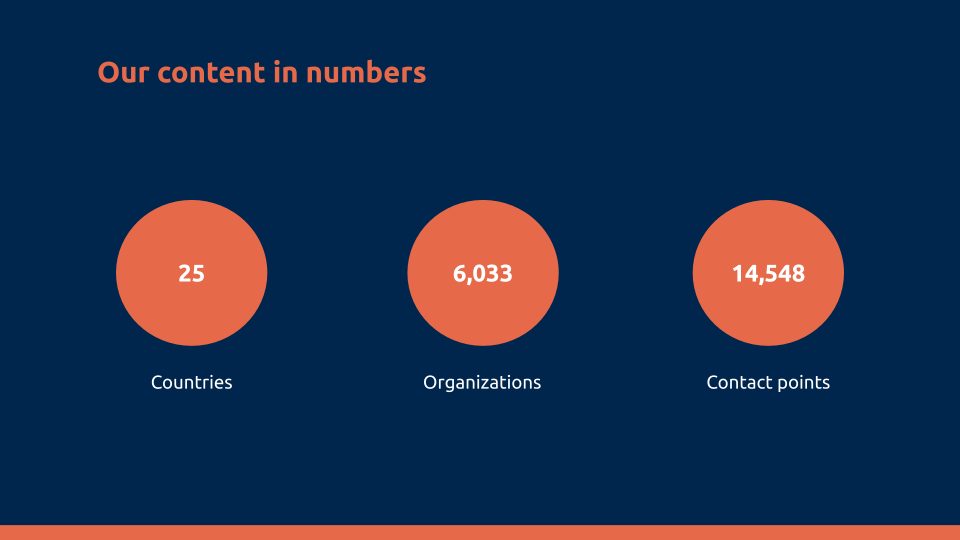Podcast episode
Surprisingly, the tables were turned when after an interview at the Wikimedia summit in April, Eva Martin offered to interview me. I agreed, and here is the episode where I elaborate on the experience of the summit with the perspective of being there as a representative for the Wikimedians for Sustainable Development. While it is a bit specific for the summit, it still is a good introduction to the user group.
User group meeting
I announced a user group meeting, but it was not many attendees. I still took some notes and published the minutes.
On a more positive note, another user group member offered to help announce the meetings and already scheduled one for 16 June after a bit of coaching. This is precisely what I hoped for, and with just three or four more members taking on small tasks like this, it will turn into a lively group quickly.
Newsletter
There were also plenty of cool things happening in the community, and the newsletter for May was fun to write.
Grant
Last month, I reported I submitted a grant for starting a secretariat. Unfortunately, it was declined.
This is the first half of my fifth monthly reports of my New Year’s resolutions.


